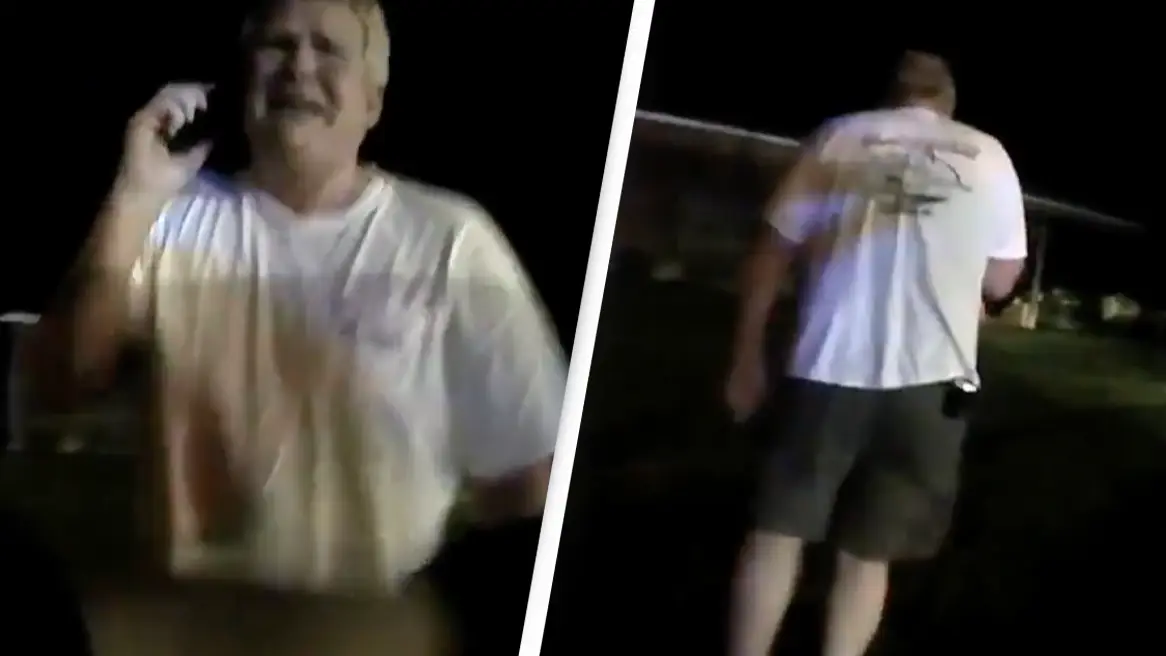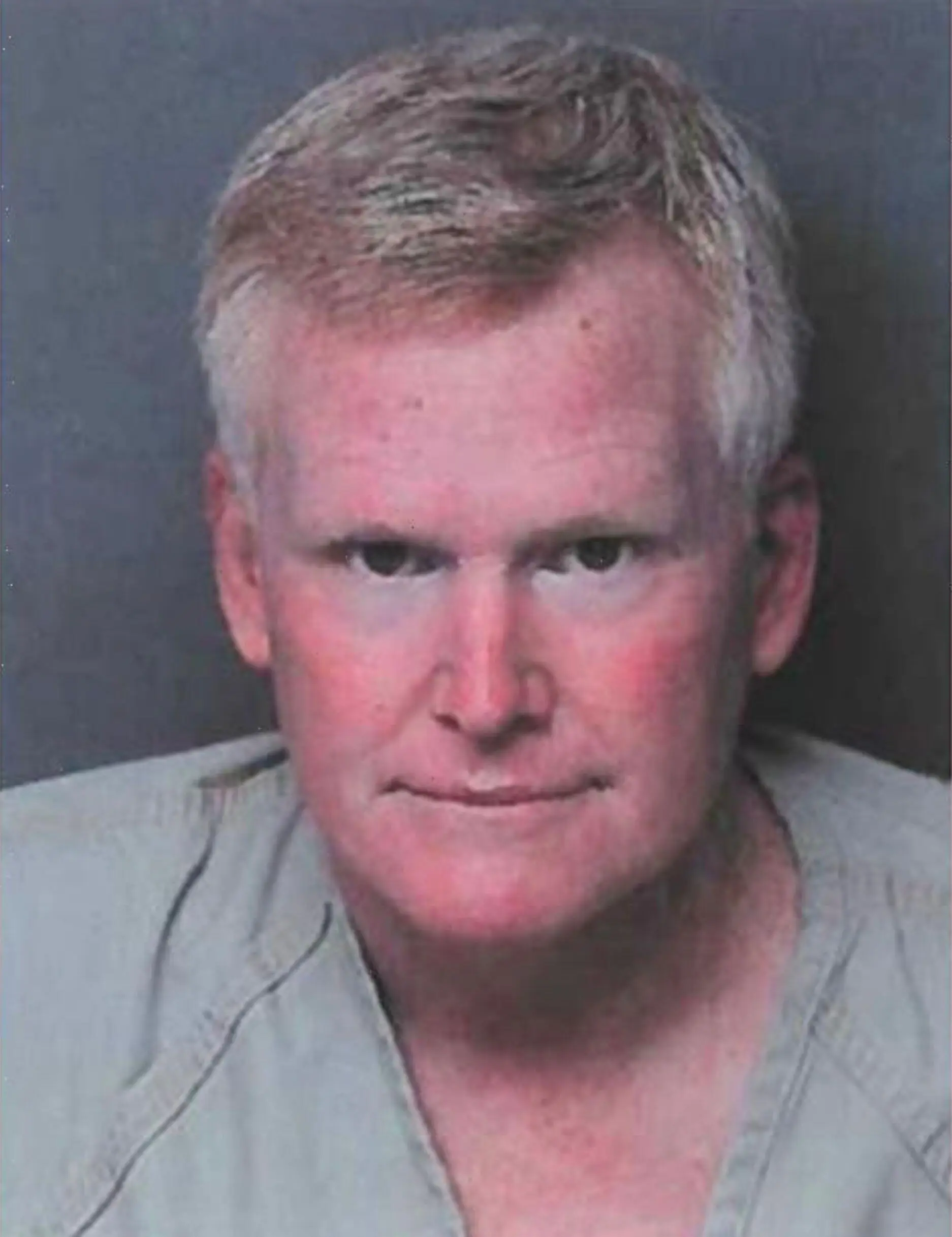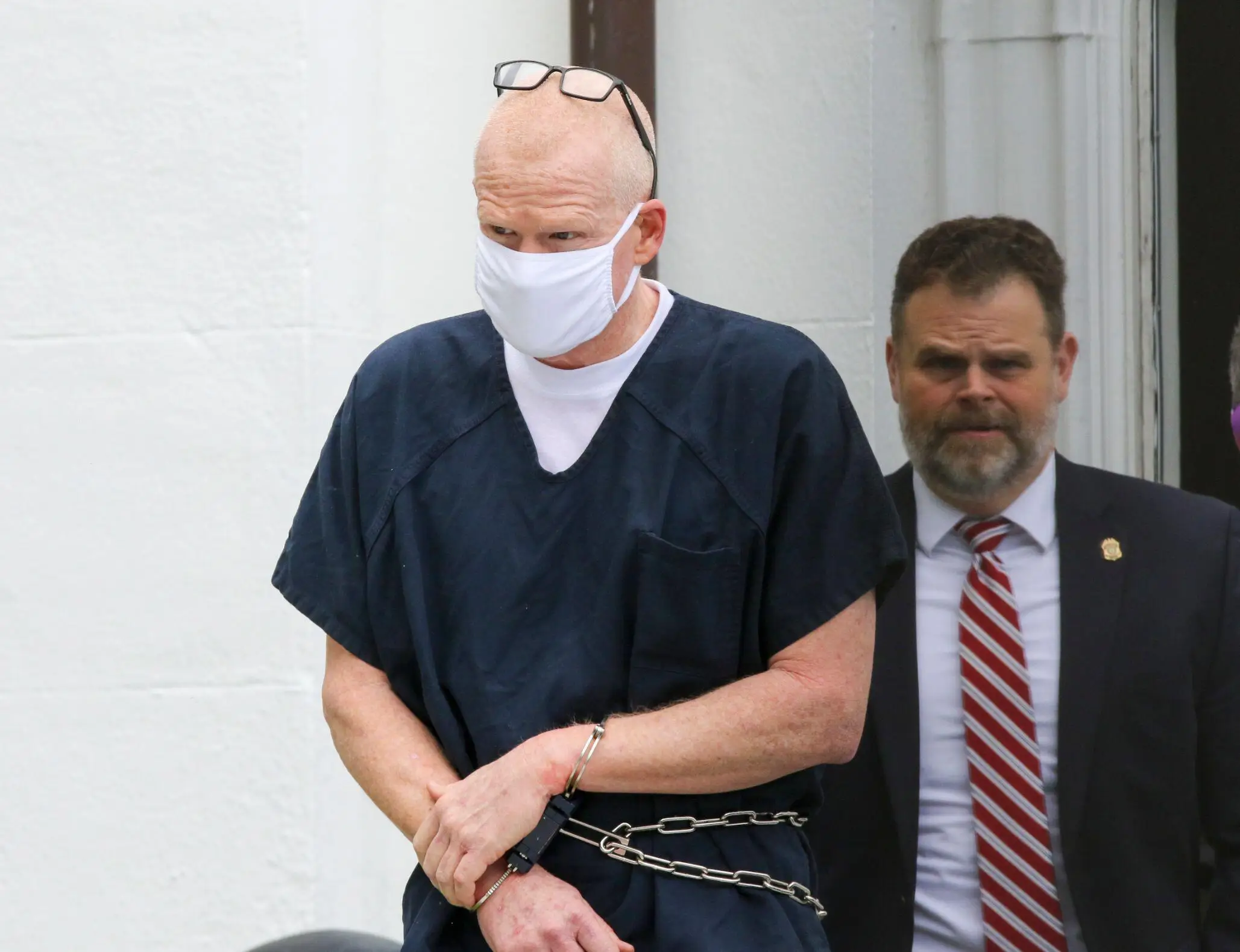
Alex Murdaugh - who is accused of killing his wife and son - is filmed sobbing in dramatic bodycam footage from the night of the family's murders.
The disgraced South Carolina attorney is currently on trial for the murder of his wife Maggie and his son Paul on the family's property on 7 June 2021.
On the night Maggie and Paul were shot dead, Murdaugh told police he had seen the two alive just 90 minutes earlier, and that he returned home to find them dead.
Advert
Murdaugh told police that he saw his wife and son at the family dog kennels before he went to take a nap. When he woke up, he decided to visit his mother.
He claims he tried to call Maggie to let her know, but she didn't pick up, so he left.
When he returned home, Murdaugh discovered that both his wife and son had been shot dead.
He informed police of this alibi multiple times in the days following the double homicide.

As shown in the footage above, Sgt. Daniel Greene of the Colleton County Sheriff’s Office attend the scene of the family home to discover a weeping Murdaugh.
The footage then shows the disgraced lawyer talking on the phone while asking an officer: "They are dead aren't they?"
“Has somebody gone to check ‘em? They did check ‘em? They’re sure that they’re dead?” he says.
Prosecutors have since called 61 witnesses and introduced more than 550 pieces of evidence over 17 days of testimony.
“A lot of times people hear, ‘Oh, it’s just a circumstantial case,’ but the law says otherwise,” prosecutor Creighton Waters told the jury. “The law says circumstantial evidence is just as good as direct evidence.”
“They’ve got a whole lot more evidence about financial misconduct than they have about a murder and evidence of guilt in a murder case,” defence lawyer Jim Griffin said in court during a debate on the relevance of this testimony.
Murdaugh has pleaded not guilty to two counts of murder and weapons charges.
He also faces 99 more charges for alleged financial misconduct that will be looked at in a future trial.

Legal experts who have followed the trial said that the prosecution’s lack of direct evidence makes it harder - not impossible - to convict the accused.
“It does make the case more difficult,” trial attorney Misty Marris told CNN.
“But at some point, if the prosecutors have enough evidence that they can put together that story, and show motive and opportunity, it can certainly rise to the level needed to get a conviction."
Sara Azari, a defence attorney, added: “Jurors want science, jurors want DNA, jurors want something that’s persuasive.
“But because (prosecutors) lack it … their focus is now on the tenuous motive and the lies after the fact, but neither of those things … substitute the evidence that they need.”